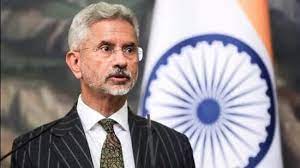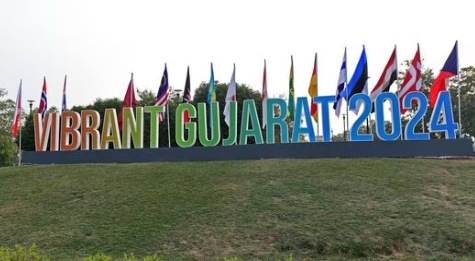
External Affairs Minister S Jaishankar recently hinted at the possibility of dual citizenship for Indians, sparking a wave of discussion and speculation. He acknowledged the ongoing debate on this issue, despite the economic and security challenges it presents.
OCI: A Bridge to Dual Citizenship?
In 2005, the Indian Government introduced the Overseas Citizenship of India (OCI) as a solution for Indians who have renounced their citizenship. This legal status, while not equivalent to dual citizenship, is the closest approximation within the constraints of the Indian Constitution.
The OCI card offers its holders a lifelong, multiple-entry visa for India, granting them parity with non-resident Indians in economic, financial, and educational matters. However, it does not permit the acquisition of agricultural or plantation properties.
Recent Changes Stir Controversy
Recent amendments to the OCI card by the Union Home Ministry have caused unrest among overseas Indians. Many feel that the privileges granted in 2005 as a goodwill gesture are being gradually withdrawn. These changes are perceived by some as a regression from the goal of offering dual citizenship to overseas Indians.
The Uncertain Future of Dual Citizenship in India
The debate on dual citizenship in India continues, with the path to its realization fraught with obstacles. Despite its limitations, the OCI card serves as a bridge for overseas Indians, connecting them to their roots while respecting India’s constitutional and legal frameworks.
As the world becomes more interconnected, the concept of citizenship and national identity is continually evolving. The future of dual citizenship in India remains uncertain, but the discussions and debates surrounding it are far from over.





